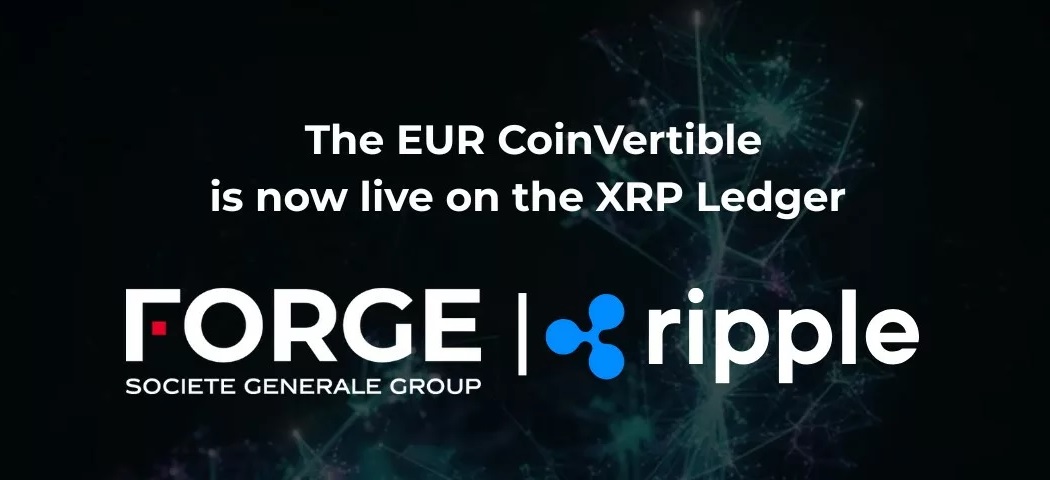Banks see corporates as key to Sepa success
 May 14, 2012 – With a deadline for Sepa migration finally confirmed, Europe’s banks are now scrambling to develop systems and services that will attract the all-important corporate customers, according to a survey from Finextra and Clear2Pay. After a long process, a deadline of 1 February 2014 for banks to migrate to Sepa (Single euro area payment) credit transfers and direct debits was finally confirmed earlier this year. The Finextra/Clear2Pay survey of 107 bankers, across 27 countries, reveals near universal – 96% – backing for the deadline but also considerable uncertainty and some concerns about the project.
May 14, 2012 – With a deadline for Sepa migration finally confirmed, Europe’s banks are now scrambling to develop systems and services that will attract the all-important corporate customers, according to a survey from Finextra and Clear2Pay. After a long process, a deadline of 1 February 2014 for banks to migrate to Sepa (Single euro area payment) credit transfers and direct debits was finally confirmed earlier this year. The Finextra/Clear2Pay survey of 107 bankers, across 27 countries, reveals near universal – 96% – backing for the deadline but also considerable uncertainty and some concerns about the project.
Sepa is set to be the biggest payments-related project banks will face in the coming year, say three quarters of respondents although only two thirds are adding new money and people to deal with it. In fact, only a third of banks feel that they have a comprehensive view on the costs and revenues associated with Sepa migration.
Another worry for bankers is the governance structure for Sepa – comprising the Sepa Council, EC, European Parliament and ECB – which more than half want changed. An overwhelming majority of those polled by Finextra – 87% – would now like to see greater involvement of corporates in this, particularly to help shape the future definition of Sepa and its instruments.
 This reflects the vital importance of corporate customers in the Sepa environment, especially in a world where more than half of banks are unsure how they will replace lost multilateral interchange fee revenues. Despite this recognition, more than half of banks have yet to approach their corporate customers to discuss the impact of a migration deadline. Over a quarter are not even ready to respond to request for proposals from corporates that have researched the impact themselves and are looking for new Sepa services.
This reflects the vital importance of corporate customers in the Sepa environment, especially in a world where more than half of banks are unsure how they will replace lost multilateral interchange fee revenues. Despite this recognition, more than half of banks have yet to approach their corporate customers to discuss the impact of a migration deadline. Over a quarter are not even ready to respond to request for proposals from corporates that have researched the impact themselves and are looking for new Sepa services.
Says the report: „Given that Europe’s Corporates will invariably seek to reduce the number of core banking relationships that they hold, this indicates a significant percentage of banks that have not fully considered life after SMED [Sepa migration end date] and is in stark contrast to the confidence that they indicated in understanding the impact of SMED on their payments business plan.”
On the readiness of their own infrastructure for Sepa, banks are confident, with 84% claiming that their current systems will be able to handle transaction volumes. However, with 90% believing that Sepa is a driver for the centralisation of payments operations, the vast majority think that this will entail significant changes in IT infrastructure.
The research shows varying degrees of commitment to Sepa. Around half of respondents say that their Sepa strategy is limited to mere regulatory compliance and 31% admit that Sepa has made them rethink whether payments are really their core proposition. This leaves an opportunity though for a clear majority that think Sepa migration offers an opportunity to differentiate and attract more customers and volume.
Ainsley Ward, head, management consulting, Clear2Pay, says: „It is clear that the focus in Sepa migration has, under the much desired pressure of the end date, moved from infrastructure readiness to a more customer-centric viewpoint. Banks are looking for ways to protect their volumes from risks that might arise by direct-connecting corporates or competitive banks that view Sepa as a relationship tool with their corporate clients and who actively pursue a growth strategy. Once the migration shake-down is behind us, those less adventurous banks will likely reconsider their future in the payments market.”
Dariusz Mazurkiewicz – CEO at BLIK Polish Payment Standard
Banking 4.0 – „how was the experience for you”
„To be honest I think that Sinaia, your conference, is much better then Davos.”
Many more interesting quotes in the video below:









